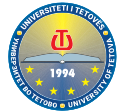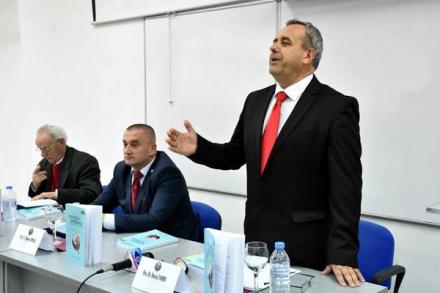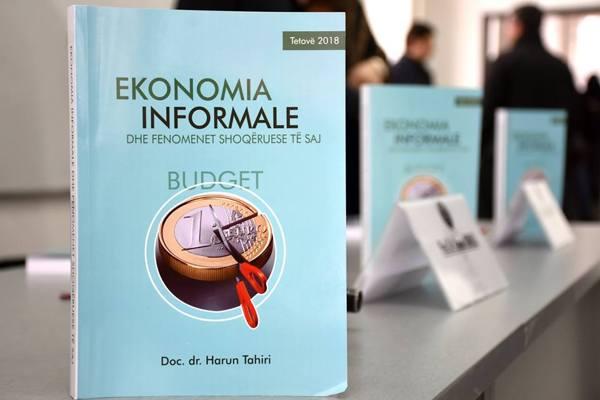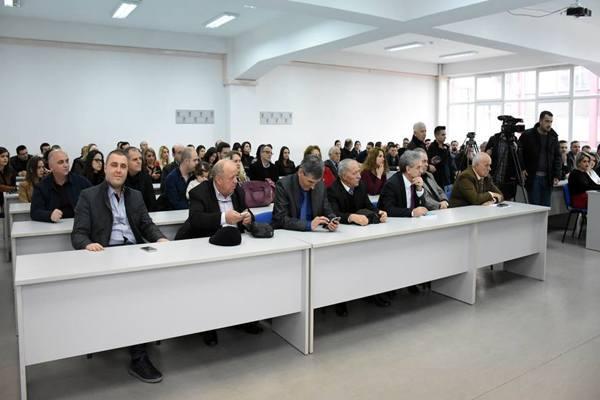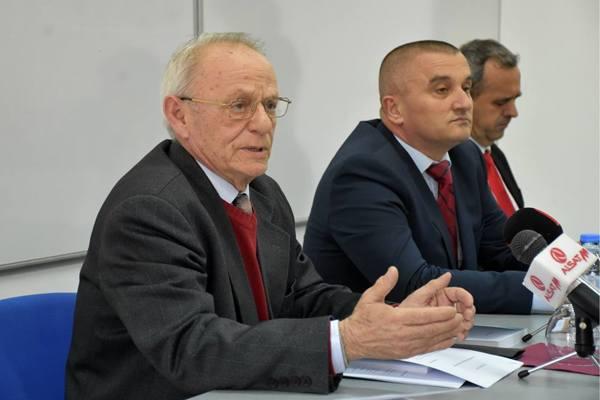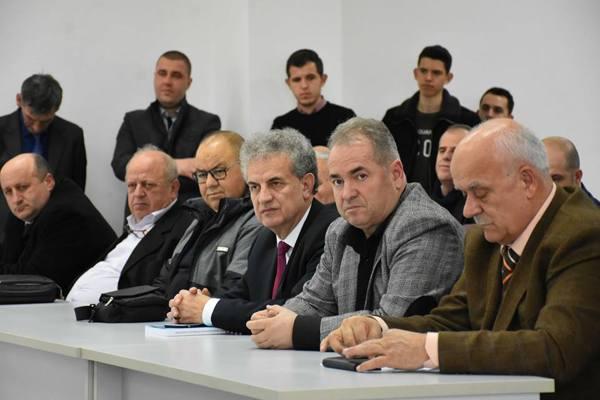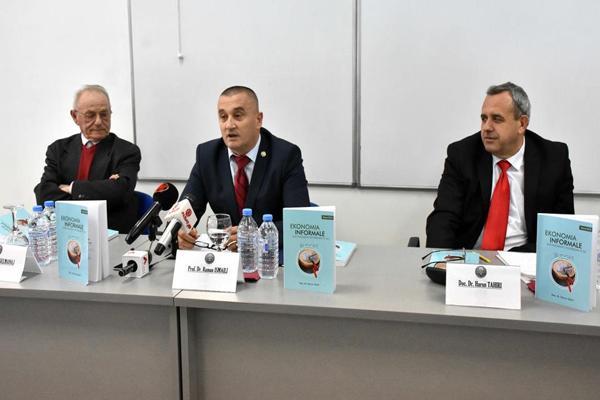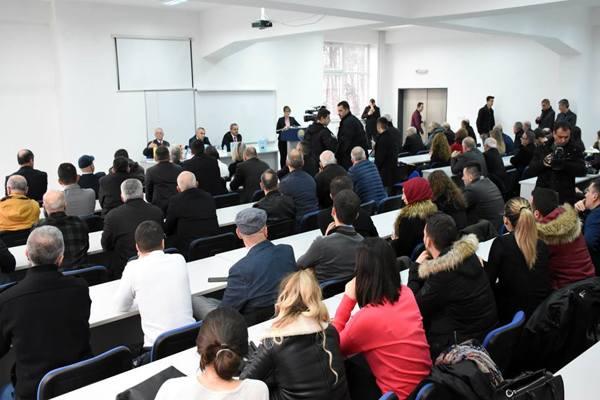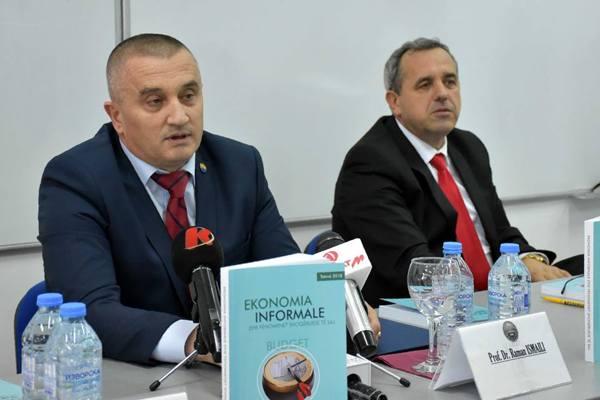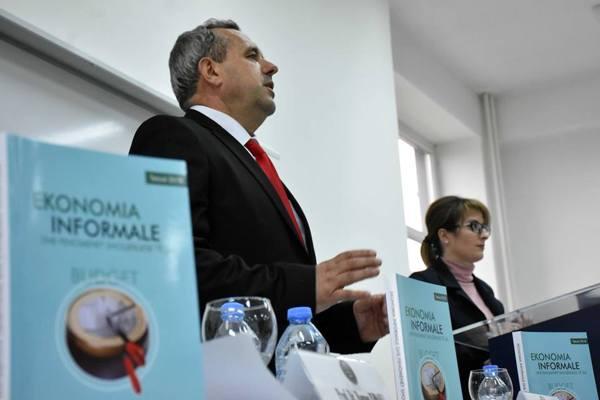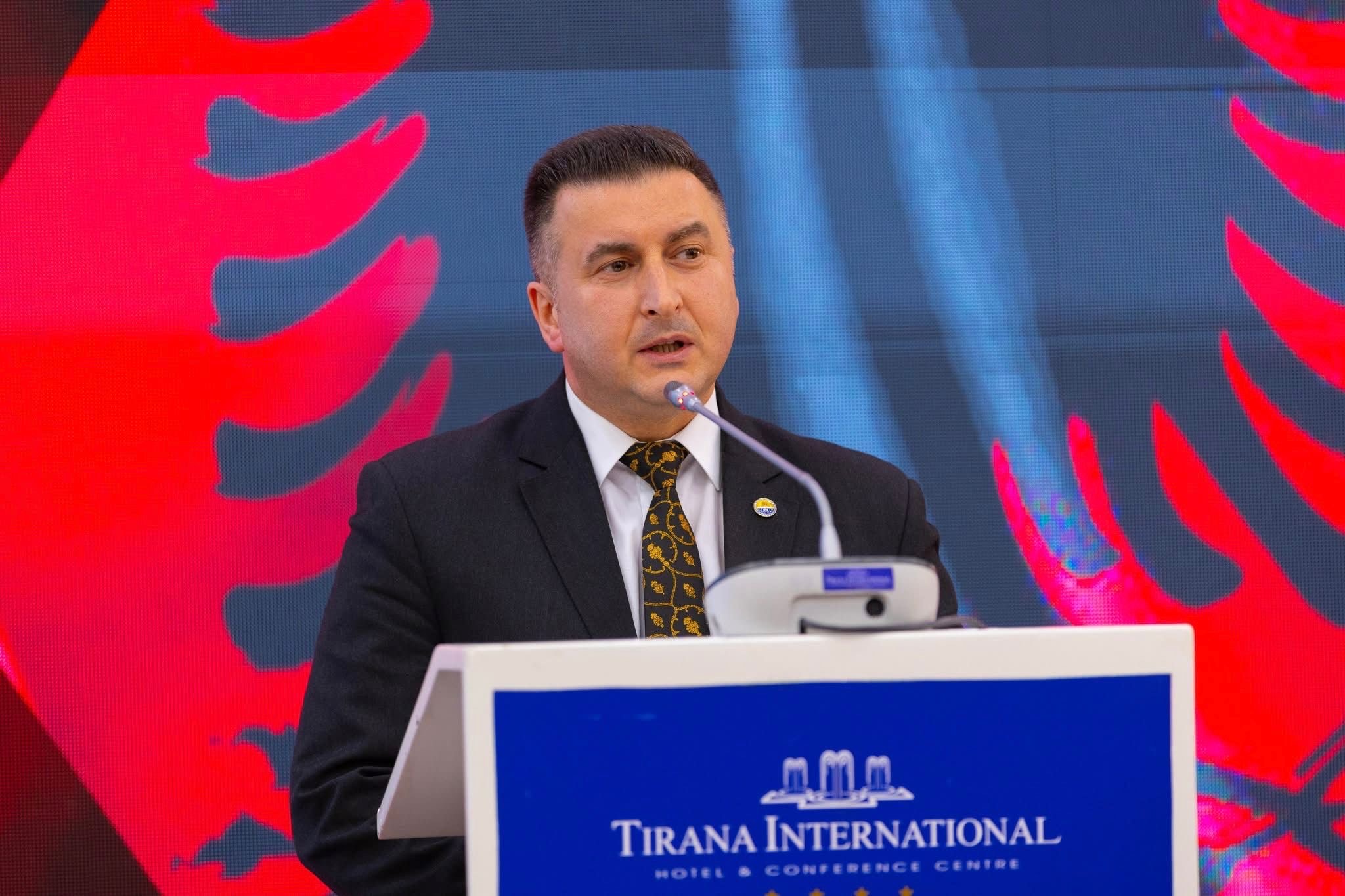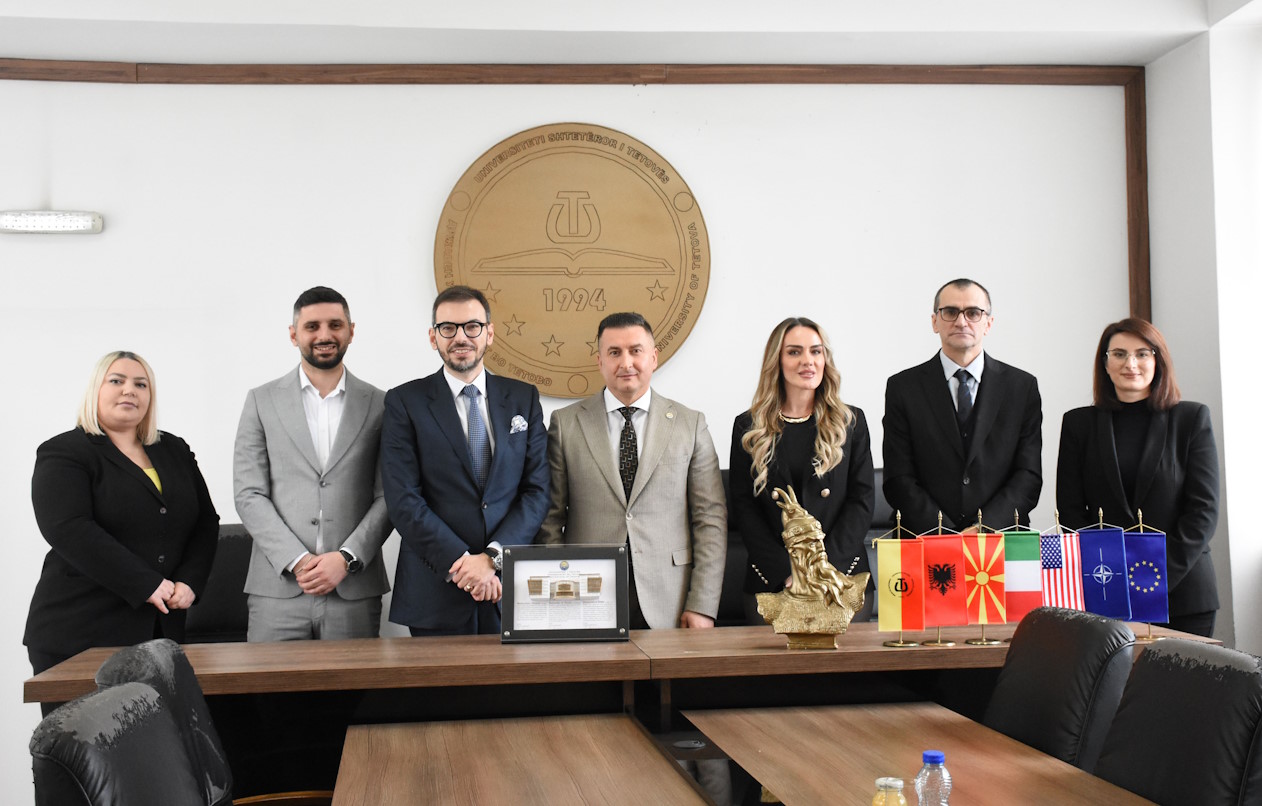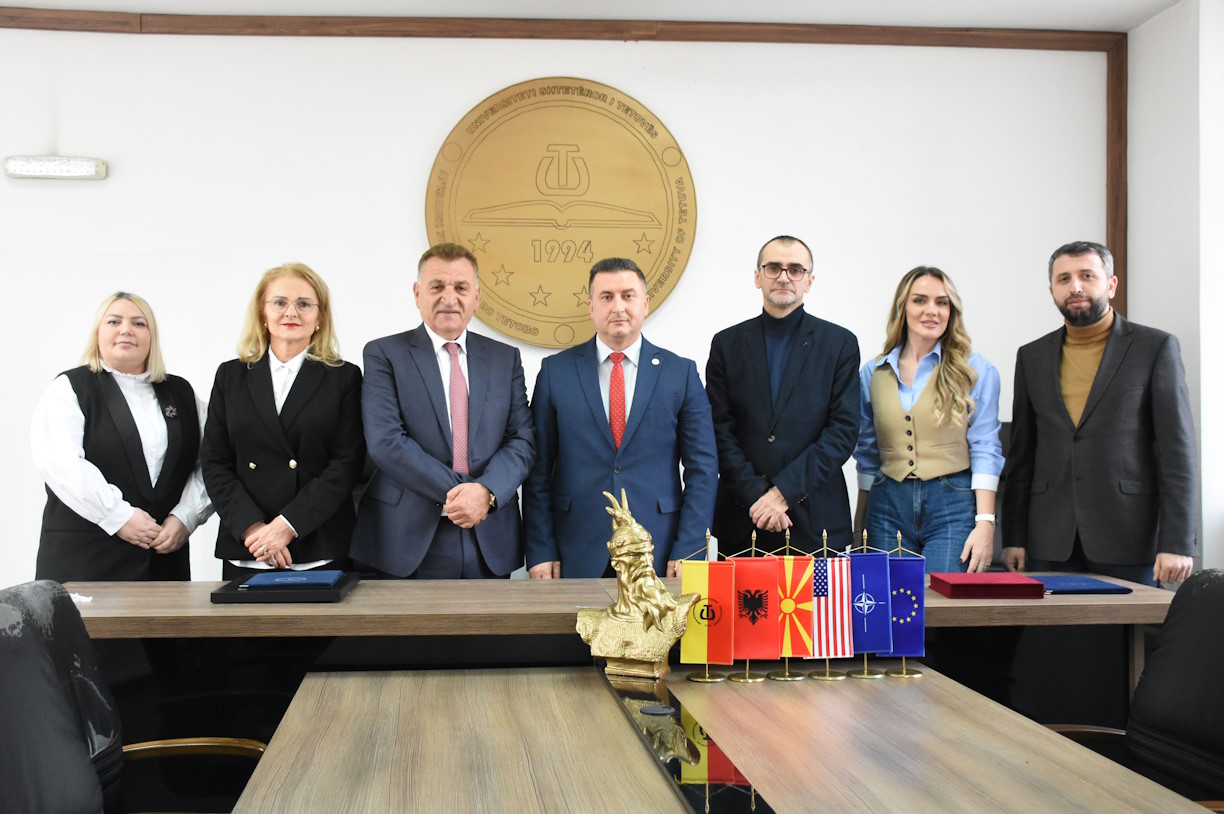Book reviewer, Prof. Dr. Raman Ismaili, said that in this book the author has analyzed and studied the phenomena of informality, and in particular the illegal employment. “This book provides a general overview of the informality situation in Macedonia and the region, including the consequences for the economy and the community analyzed from different perspectives. The main outcome of this study is the drawing of conclusions, acceptable recommendations and taking measures to minimize the informal sector. Based on the consequences of this phenomenon, the possibility of preparing a state policy with the broad involvement of social partners in the fight against illegal employment in particular and the informal sector in general”, said Prof. Dr. Raman Ismaili.
While the other reviewer of the book, Prof. Dr. Selman Selmanaj, said that the author in his book divided into 6 sections gave a reflection on defining the informal economy. “You will see that the author, in addition to defining the informal economy, has also focused on the informal economy in Macedonia, its spread in developing and transition countries, including the main factors and shapes of the informal economy. Special importance has also been given to the interdependence between the informal economy and its accompanying forms, measurement methods and measures necessary to stop the informal economy”- said Prof. Dr. Selman Selmanaj.
The author of the book, Asst. Dr. Harun Tahiri, in his speech addressed to the audience, emphasized that this book addresses the problems of interdependence between property privatization and informal economy, the meaning, role, effects and consequences of this process. “Essential element, component of any economic system, accordingly that of Macedonia, is the property character. The transition processes towards the market economy in the Macedonian economy were accompanied by profound changes in ownership structure, enterprise size, leadership change, production structure, employment, liberalization of the economy, free operation of market institutions, competitiveness and mobilization of resources for a faster and more sustainable development, where the small economy is important”, said Asst. Dr. Harun Tahiri.
At the promoting this book, it was also stated that the Republic of Macedonia throughout the transition period has been confronted with the most severe forms of informal economy and corruption and the lack of political will to fight this phenomenon and ranks as one of the countries with the highest crime corruption rate.
